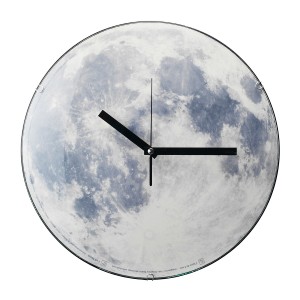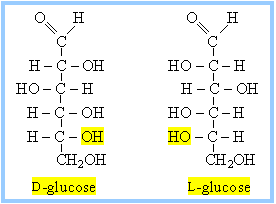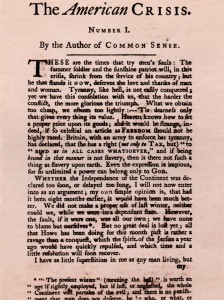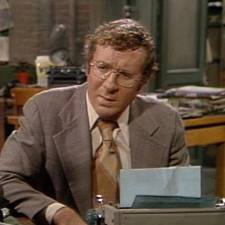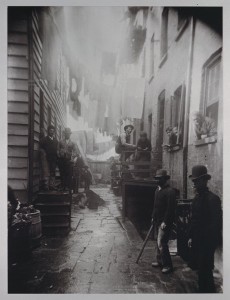 Christmas is my favorite time of the year. As the days shorten and the nights grow longer, we all need something to cope with the lack of light and the cold north winds. Christmas is bright, warm and a time of year when friends and enemies put differences aside to revel in fantastically prepared victuals and sallies of wit beside a warm fire. One tradition in our family is to often re-read or even recite the following poem, which was found by my grandmother over 80 years ago. It is not a bright and cheery tale, but a step back from the trappings of our commercialized holiday cheer. It is a story centered around a small shoe shine boy trying to survive the winter in a city at the end of the Nineteenth Century. My family now shares this tradition with you by presenting, Little Tim’s Christmas . . .
Christmas is my favorite time of the year. As the days shorten and the nights grow longer, we all need something to cope with the lack of light and the cold north winds. Christmas is bright, warm and a time of year when friends and enemies put differences aside to revel in fantastically prepared victuals and sallies of wit beside a warm fire. One tradition in our family is to often re-read or even recite the following poem, which was found by my grandmother over 80 years ago. It is not a bright and cheery tale, but a step back from the trappings of our commercialized holiday cheer. It is a story centered around a small shoe shine boy trying to survive the winter in a city at the end of the Nineteenth Century. My family now shares this tradition with you by presenting, Little Tim’s Christmas . . .
“I really don’t know what Christmas is,” said Little Tim with a sigh As he stood on the corner, pale and cold, and watched the crowd go by. “Maybe it’s something nice and warm, or good to eat.” said he. “They all seem to be carrying bundles home, most all of them but me.”
“I wish I had an overcoat, but anything isn’t mine, I don’t believe there’s a Santa Claus, say Mister, have a shine? It really doesn’t cost much at all, as you already know, And it’s sure to be a lift to me, if only a cent or so.”
But the stranger hurried himself along with nothing cheerful to say. He thought of his home, his family, and a gladsome Christmas day! “There’s none of them want a shine tonight and nobody seems to see How cold it is on the street tonight for a poor, little chap like me.”
But Tim never met with a comforting glance, nor even a pitying eye, As he thought of a home he heard about somewhere up in the sky. He saw a church with its open doors; the light and the warmth were there, so he thought he would follow the people in, if nobody seemed to care.
He crept in softly and through the aisle, he wandered with noiseless feet, And then he sat down at the farther end of a softly cushioned seat. In the church, a bright and happy throng sang hymns and praises of joy, But no one noticed the shrinking form of the ragged and shivering boy.
They sang of peace, they sang of joy, and charity was their theme, But of all the want there is in the world, they did not even dream. The hymns were ended a moment more and when all was quiet and still, The preacher said, “I will speak tonight of charity’s sweet goodwill.”
“Go out into the byways and feed the poor, ’tis a blessed Christmas then, It is thus we show our brotherly love” and the people said “Amen!” Then out of the church they went once more, to homes of love and light. They spoke no more of the poor, but said, “What a lovely sermon tonight!”
The sextant, after all were gone and the lights were low and dim, In the vestibule saw a blackening box and the form of little Tim. “Come boy, go out into the street! This is not the place for you!” he said. But when there came no answer, the sextant saw that the little boy was dead.
O’ Friends be careful, there is so much more to do. Be sure there is no one needy here, close by in a neighboring pew! And when you go to your homes tonight, loved ones fondly to greet, Remember that many a poor one lives on many another street.
There may be a form that is cold and others filled with dread, Or ragged souls that are begging, and small children crying for bread. Too often they perish because the flame of charity burns too dim. For many there are in this world of ours, alone like little Tim.
From Samanthastephens.com,
MERRY CHRISTMAS, EVERYONE !!

